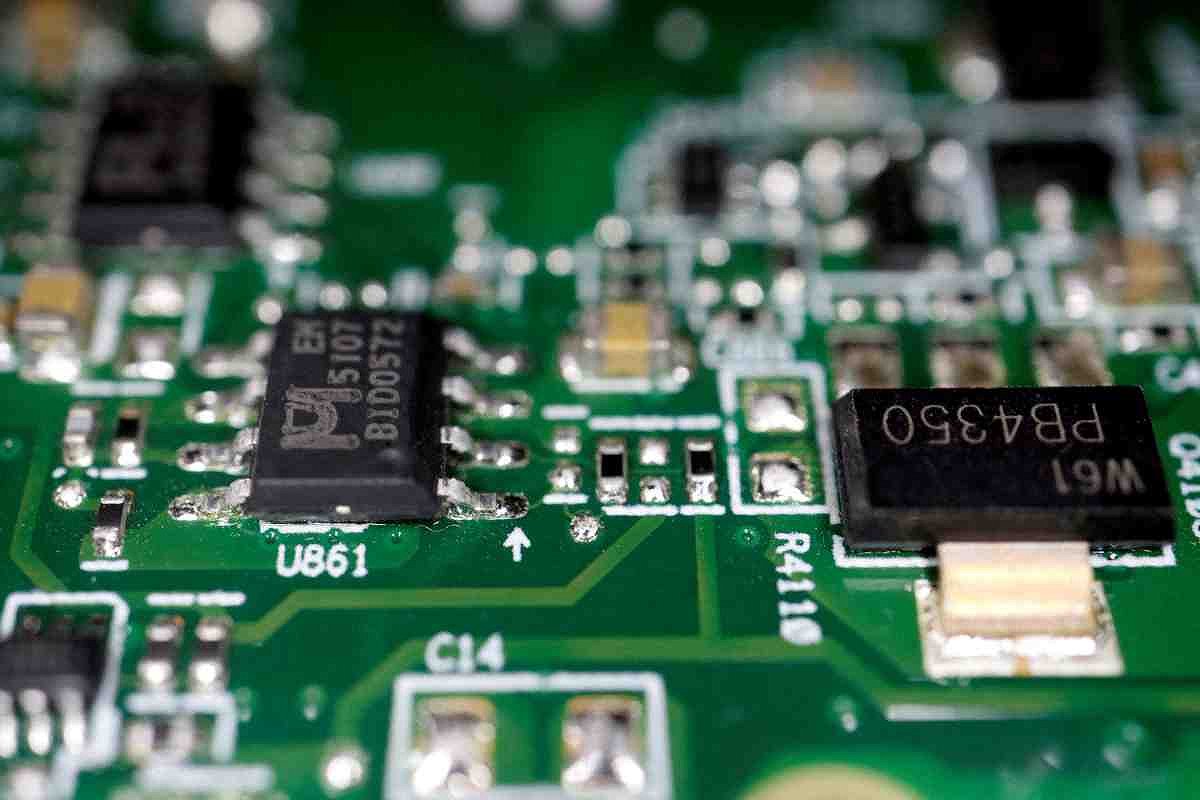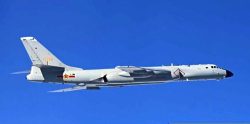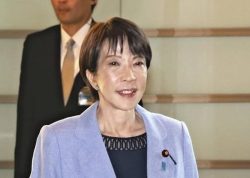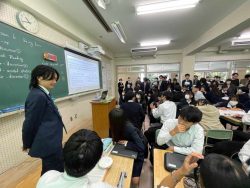Japan, U.S. to Join Forces on AI, Semiconductors; Seek to Counter China’s ‘Military-Civil Fusion’

Semiconductor chips are seen on a printed circuit board in this illustration picture
1:14 JST, April 4, 2024
The Japan and U.S. governments will focus on “strategic cooperation” in the joint statement to be released after their summit on April 10, in an effort to work together to counter China’s hegemonic moves. The statement is expected to include specific measures in areas such as development of advanced technology, countermeasures against economic coercion, and support for developing countries.
Beijing is promoting “military-civil fusion” in the military use of scientific technology, alarming Tokyo and Washington. Arrangements are underway to declare in the joint statement that Japan and the United States share a position “as global leaders in the development of next-generation … technologies,” listing specific fields such as artificial intelligence, quantum technology, semiconductors and biotechnology.
The statement will also refer to several cooperation projects between Japanese and U.S. research institutes and private companies. These include cooperation on the development of AI for scientific research between Japan’s RIKEN, which is under the jurisdiction of the Education, Culture, Sports, Science and Technology Ministry, and Argonne National Laboratory, which is part of the U.S. Energy Department.
The two nations are expected to express their intention to take full-scale measures against economic coercion, the practice of pressurizing other countries by restricting trade and other measures. With regard to non-advanced semiconductors, for which China is improving its manufacturing capacity and increasing its global market share, the statement is likely to indicate a policy to resolve dependency on China by working with “like-minded countries to strengthen global semiconductor supply chains.”
In light of China’s suspension of all imports of Japanese marine products to protest the discharge of treated water from the Fukushima No. 1 nuclear power plant into the ocean, Japan and the United States will also refer to a plan to work together to “promote resilient and reliable seafood supply chains.” A working group will be established to explore new export routes, including to the United States.
As China expands its influence in the Indo-Pacific region with its economic power, Japan and the United States also intend to deepen cooperation in providing assistance to developing countries.
In the statement, the two nations will confirm an investment of $26.5 million in subsea cable systems for Micronesia and Tuvalu, and the expansion of funding for developing countries through the World Bank
"Politics" POPULAR ARTICLE
-

Japan to Support Central Asian Logistics Route That Bypasses Russia, Plan to Be Part of Upcoming Summit in Tokyo
-

Japan to Tighten Screening of Foreigners’ Residential Status by Providing Information of Nonpayment of Taxes
-

Chinese, Russian Bombers Flew Unusual Path by Heading Toward Tokyo; Move Likely Meant to Intimidate Japan
-

Japan Plans National Database to Track Foreign Ownership of Real Estate, Land as It Weighs New Rules
-

Up to 199,000 Deaths Estimated From Mega-Tsunami; Most Recent Occurrence Took Place in 17th Century
JN ACCESS RANKING
-

Tokyo Economic Security Forum to Hold Inaugural Meeting Amid Tense Global Environment
-

Keidanren Chairman Yoshinobu Tsutsui Visits Kashiwazaki-Kariwa Nuclear Power Plant; Inspects New Emergency Safety System
-

Imports of Rare Earths from China Facing Delays, May Be Caused by Deterioration of Japan-China Relations
-

University of Tokyo Professor Discusses Japanese Economic Security in Interview Ahead of Forum
-

Japan Pulls out of Vietnam Nuclear Project, Complicating Hanoi’s Power Plans






















